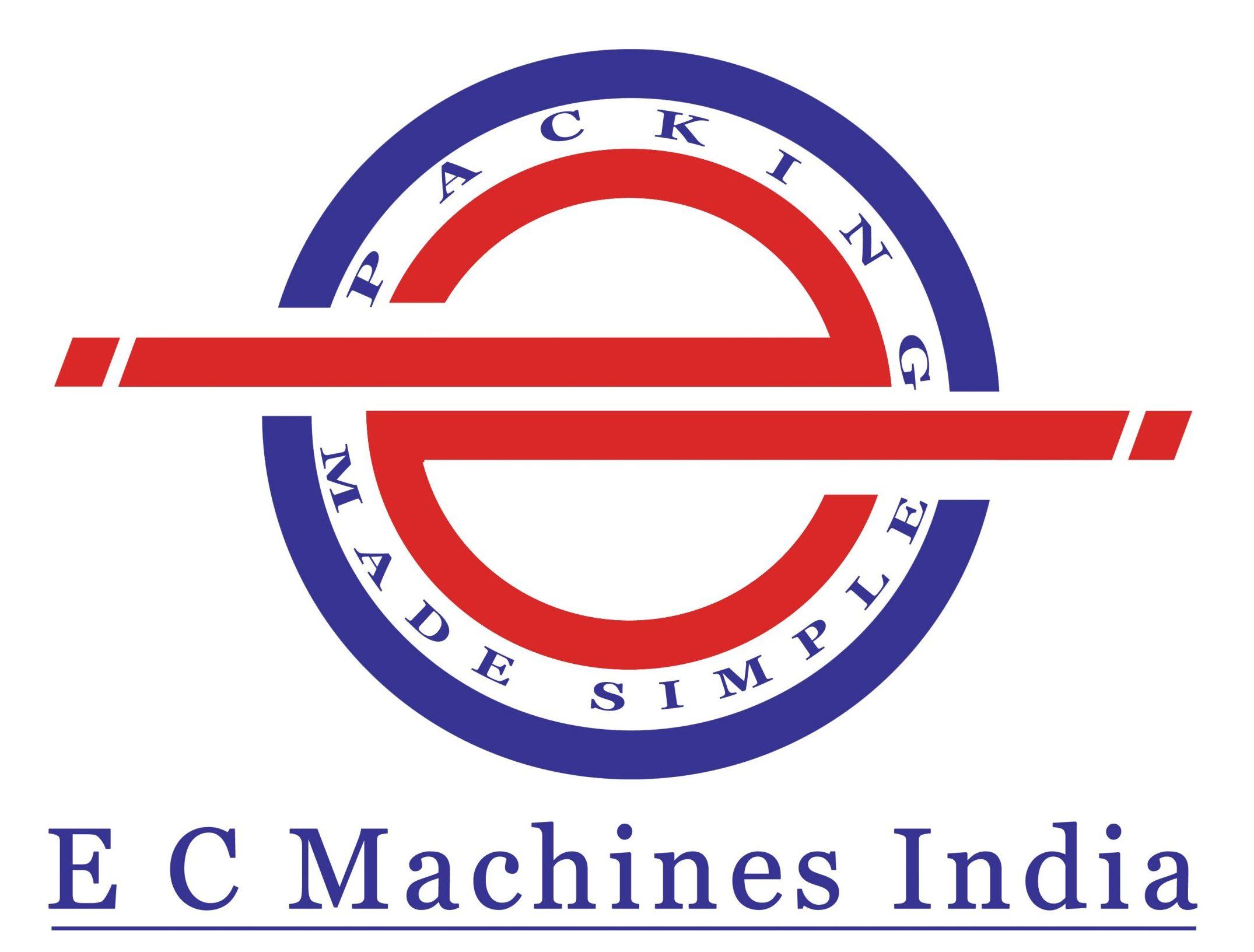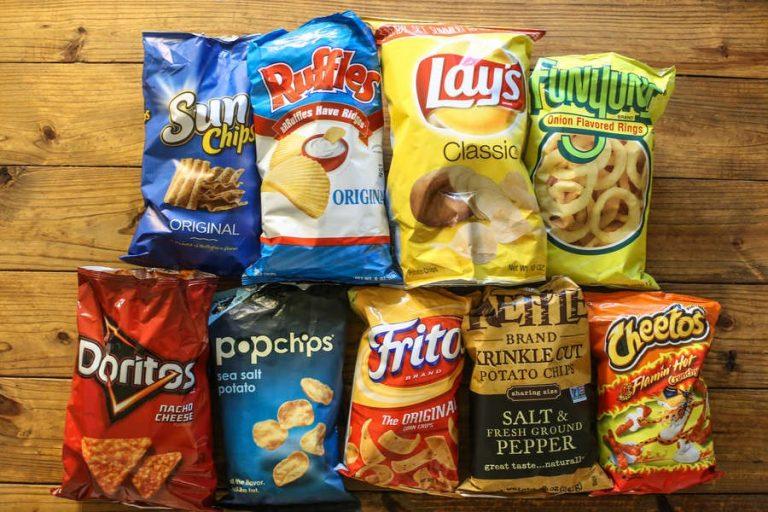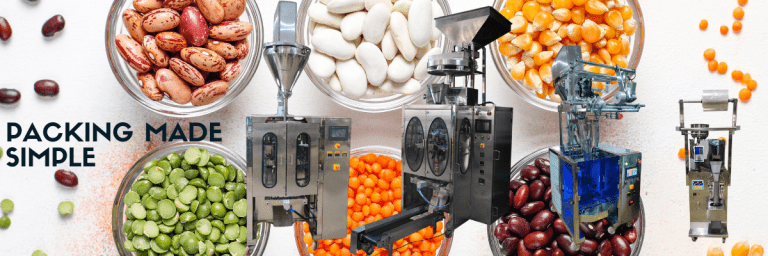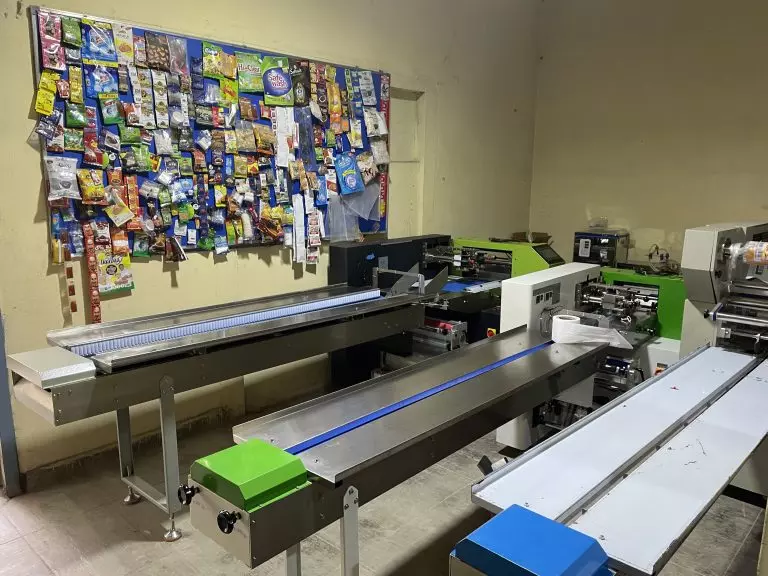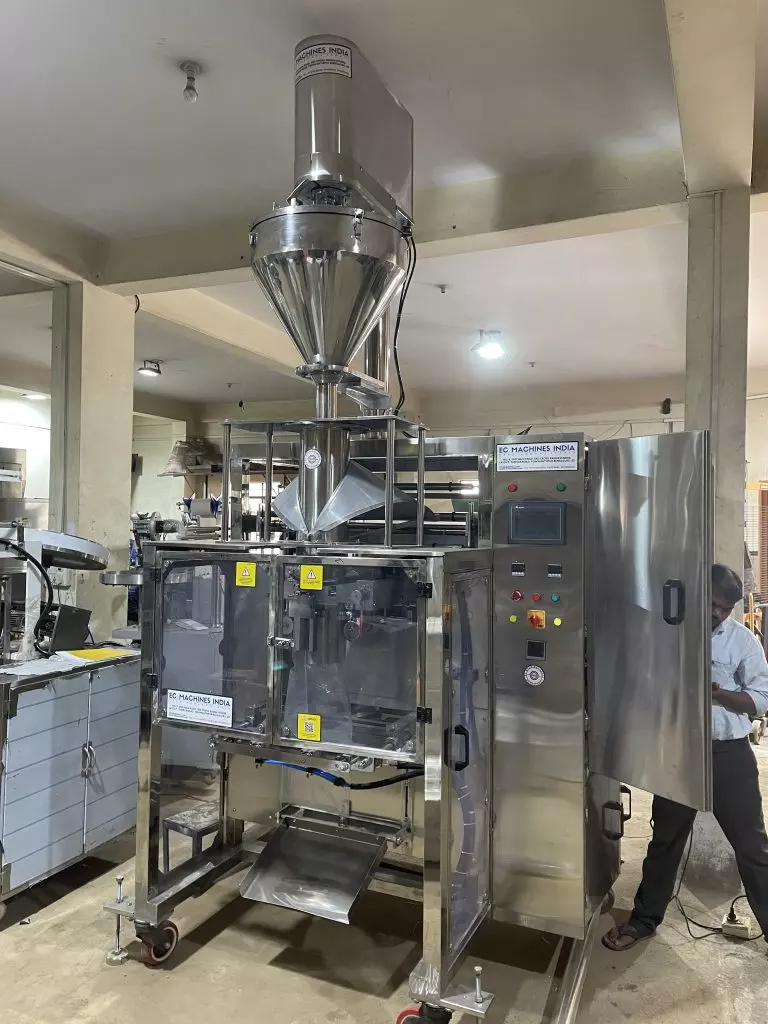What is an automatic pouch packing machine?
In today’s fast-paced manufacturing and packaging industries, efficiency and precision are paramount. One technology that has revolutionized the packaging process is the automatic pouch packing machine. These remarkable devices have become an integral part of various industries, enabling companies to package a wide range of products swiftly and accurately. In this article, we will delve into the world of automatic pouch-packing machines, exploring their functionality, applications, benefits, and significance in modern production processes.
What is an Automatic Pouch Packing Machine?
An automatic pouch packing machine, often referred to as a pouch filling and sealing machine or pouch packaging equipment, is a mechanical device designed to efficiently fill and seal pre-made pouches or bags with a wide variety of products. These machines are highly versatile and can handle a diverse range of materials, including powders, liquids, granules, and solids. The primary objective of an automatic pouch packing machine is to streamline the packaging process, increasing productivity and reducing human intervention.
How Do Automatic Pouch Packing Machines Work?
The operation of an automatic pouch-packing machine is a well-choreographed process that involves several key stages:
-
Pouch Feeding: The machine begins by feeding pre-made pouches or bags onto a conveyor system. These pouches can vary in size, shape, and material, depending on the specific requirements of the product.
-
Filling: Once the pouches are in position, the machine accurately measures and dispenses the product into each pouch. The filling mechanism can differ based on the product type, with options such as auger fillers, volumetric fillers, or liquid pumps.
-
Sealing: After the pouches are filled, the machine seals them to prevent any leakage or contamination. This can be achieved through various sealing methods, including heat sealing, ultrasonic sealing, or zipper sealing, depending on the pouch material and product.
-
Cutting and Trimming: Some machines incorporate cutting and trimming mechanisms to ensure the pouches have a neat and uniform appearance.
-
Quality Control: Many modern automatic pouch packing machines are equipped with quality control systems to detect and reject any defective pouches, ensuring only high-quality products reach the market.
Applications of Automatic Pouch Packing Machines
Automatic pouch packing machines find applications across a wide range of industries, including but not limited to:
-
Food Industry: These machines are used for packaging snacks, candies, spices, sauces, ready-to-eat meals, and more.
-
Pharmaceutical Industry: Automatic pouch packing machines are employed to package tablets, capsules, powders, and liquid medications.
-
Cosmetics and Personal Care: They are used to package various cosmetic products, including creams, lotions, shampoos, and gels.
-
Chemicals and Agrochemicals: Pouch packing machines handle the packaging of chemicals, fertilizers, pesticides, and detergents.
-
Hardware and Fasteners: In the hardware industry, these machines are used to package screws, bolts, nuts, and other small parts.
Benefits of Automatic Pouch Packing Machines
-
Efficiency: These machines significantly reduce manual labor, leading to higher production rates and cost savings.
-
Accuracy: Automatic pouch packing machines provide precise measurements and consistent sealing, ensuring product quality and reducing wastage.
-
Versatility: They can handle a wide variety of products and pouch types, making them suitable for diverse industries.
-
Hygiene and Safety: Sealed pouches offer better protection against contamination and tampering.
-
Customization: Pouch packing machines can be customized to meet the specific needs of different products and industries.
Conclusion
Automatic pouch packing machines have revolutionized the packaging industry by offering speed, accuracy, and versatility. They play a vital role in improving the efficiency of production processes across various sectors, from food and pharmaceuticals to cosmetics and chemicals. As technology continues to advance, these machines are expected to become even more sophisticated, further enhancing their role in modern manufacturing.
